On the evening of Monday 28th and into Tuesday 29th November, a violent storm hit Newport, the rest of Monmouthshire and the Bristol Channel causing damage and some deaths.
The Monmouthshire Merlin reported on the incident in their 3rd December edition and mentions individual residents, damage to Tredegar House and the Castle Brewery.
The full article is published below.

Hurricane.
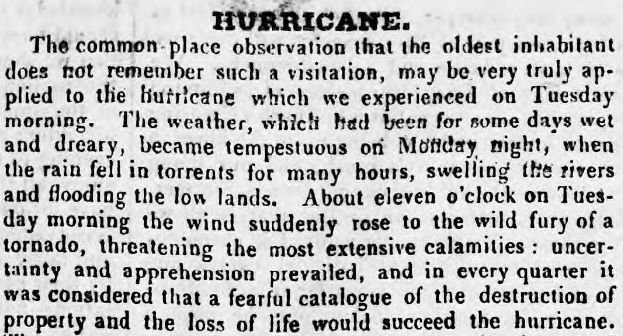
The common place observation that the oldest inhabitant does not remember such a visitation, may be very truly applied to the hurricane which we experienced on Tuesday morning.
The weather, which had been for some days wet and dreary, became tempestuous on Monday night, when the rain fell in torrents for many hours, swelling the rivers and flooding the low lands. About eleven o'clock on Tuesday morning the wind suddenly rose to the wild fury of a tornado, threatening the most extensive calamities: uncertainty and apprehension prevailed, and in every quarter it was considered that a fearful catalogue of the destruction of property and the loss of life would succeed the hurricane.
The streets were almost entirely deserted, as the showers of tiles, slates, bricks, &c., rendered it almost as dangerous to leave shelter as it was during the three days struggle in Paris. Occasionally a bewildered and hurrying stranger appeared abroad, but with eyes wandering in every direction for an asylum from the war of elements. But the rage of the storm soon subsided, and providentially its effects were far less disastrous than were naturally apprehended; to particularise, however, the circumstances of injury to property in various parts of this and the adjoining counties, that have been communicated to our office, would require space far beyond our limits, and indeed, in a host of cases, would be a mere enumeration of losses of the same class. Various accounts have reached us of the ravages of the storm in our immediate neighbourhood.
Tredegar House has been partially unroofed, and we regret also to learn that many of the noble trees in Tredegar Park have been broken or uprooted.
The chimneys of the fine house occupied by Mr. Cordes, near this town, fell in, carrying the roof and glass dome and the whole mass penetrated to the lowest floor, doing considerable damage to the furniture. &c., in its progress we are glad to hear that no personal injury was sustained.
The roof of Mrs. Williams's house, on Stow Hill, was forced in, and a part of the ruins falling on Mrs. W....he was mangled in a deplorable manner: Mr. Brewer, surgeon, was fortunately at hand, and did all that skill and humanity could dictate, but the sufferer is still in a precarious state.
A poor woman, with an infant in her arms, was blown into the Canal—the mother was extricated, but the child found a watery grave.
One of the stacks of chimneys of the Castle Brewery was blown down. The chimneys of Mr. Dowling's residence, Clarence-place, fell on the roof, a great portion of which was forced in.
The inhabitants of the White Lion, Mill-street, had a narrow escape the roof gave way, forcing the floors in succession to the bottom, the fall of the roof barely giving time for escape to the inmates. A stack of chimneys, in its fall, did much injury to the house of Mr. Sallows, Stow Hill. The premises of Mr. Clements, the respectable chemist and druggist, were injured to a considerable extent, by the fall of a large stack of chimneys. In fact, the injury to houses was so general, that the current question was, not, have you been a sufferer, but, have you escaped.
Shipping
The casualties at sea have been widely spread and melancholy — the Shipping Gazette, (a faithful herald of nautical affairs,) in the last two numbers, presents a frightful recital of calamities. In our port and the Bristol Channel, we have had accounts of some fatal occurrences. A collier, bound for Newport, foundered, and the crew perished. The Catherine, of Bleaden, — Smart, master and owner, with coal and hay on board, was burned to a total wreck, in consequence of the fire from the cabin grate being thrown out by the heaving of the vessel: the poor captain really deserves public commiseration. — Capt. Lewis was one of the most respected, and perhaps one of the most zealous captains of the Bristol port —commanded the fine ship Cosmo: she arrived at home ("sweet home," as poor Lewis thought) on Monday last; on Tuesday he delivered his papers to the merchants, his employers, who highly and deservedly respected him after the discharge of his duty, the fine manly fellow, who by his energy and British feeling was led to think that whilst danger was on the deep he should not be absent from his home — his ship, left Pill accompanied by two boatmen, named Locke and Bayley, to board the stately Cosmo but, unfortunately, at the river's mouth, an overwhelming gust, against which the captain's and the men's skill was but as a straw, upset the boat, and the three were drowned Lewis's fate is to be deplored he was lost almost within sight of his majestic vessel.
Beyond Newport
At Llanover, the drawing windows of Mrs. Waddington were blown in with much violence, the glass wounding two persons in the drawing-room. In Llanover Park thirty of the finest trees were levelled with the earth, and much injury otherwise done, in about half an hour; and the neighbouring farm-houses have suffered to a great extent. At Bristol the damage was very general. In London the storm has done immense injury, and in the suburbs the casualties are almost innumerable Kensington Gardens are said to be almost a wreck.
A correspondent at Pontypool writes:— During the tremendous hurricane of Tuesday last (unparalleled in this neighbourhood for many years, great damage was done to the roofs of houses in the town trees were stripped of their branches, and much damage done in every direction. The slating of the roof of the casting house of the Varteg Iron Company was blown into the air, descending with fearful violence and great peril to those in its vicinity. Serious apprehensions were entertained for the safety of a commercial gentleman from Newport, who had taken a vehicle from this town to transact some business on the hills: he was present when the accident befell the casting-house, some portion of the ruins of which struck his horse, and prostrated it, his vehicle being overturned at the same time. The gentleman, I am happy to add, eventually escaped without injury.
Monmouth — In consequence of the excessive rains which fell the latter part of last and the beginning of this week, the rivers Wye and Monnow overflowed their banks, and completely inundated their immediate vicinities, in and around Monmouth. Chippenham Mead was covered with an extensive sheet of water, as well as the meadows on the same and the opposite side of the river: the swelling element also forced its way into the Over Monnow, Hadnock, and Dixton roads, rendering the latter totally impassible, the greater part of the week to foot passengers, and exceedingly dangerous to travellers on horseback or in vehicles, the depth being from four to five feet. We are not aware of any acci-dent occurring "by flood or field," but several very narrow escapes were experienced, and amongst them one by the London mail on its way to Gloucester, on Wednesday, in consequence of the horses nearing a sort of ditch which lies under the hedge on one side of the Dixton road.
One unlucky traveller, when about mid-way in his watery path (his horse becoming restive) was obliged to dismount, and, bridle in hand, stem the torrent, the remaining portion of the distance. In another instance a worthy old gentleman and his loving spouse (travelling in a gig) must have met the chilly embrace of a November flood, but for the timely assistance of friendly succour. — On Thursday the new road, although excessively rough and miry, was temporarily opened for public convenience, and the coaches, assisted by extra horses, were thus enabled to make their way to the town.—Boats were plying on Thursday on the road leading to May-hill, or that region would have been inaccessible.
The brig Experiment of Exeter, bound to Newport for coals, is on shore at Breaksea Point, near Aberthaw it is to be feared she will be a complete wreck.
— Monmouthshire Merlin, Saturday 3rd December, 1836


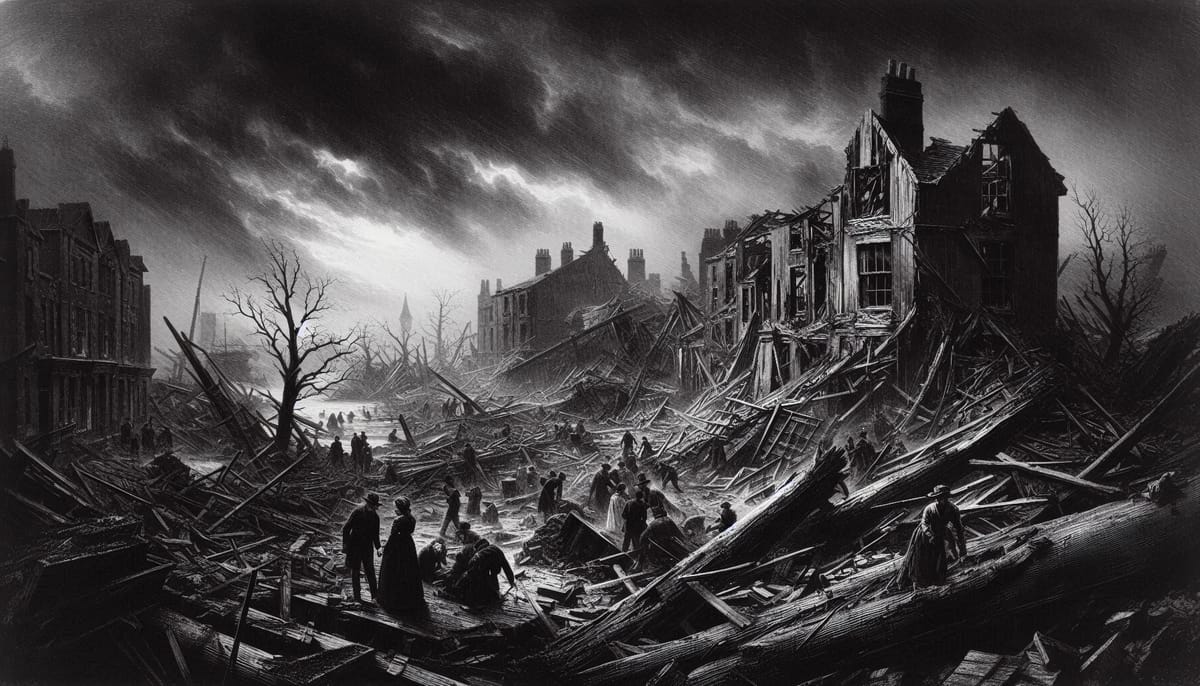
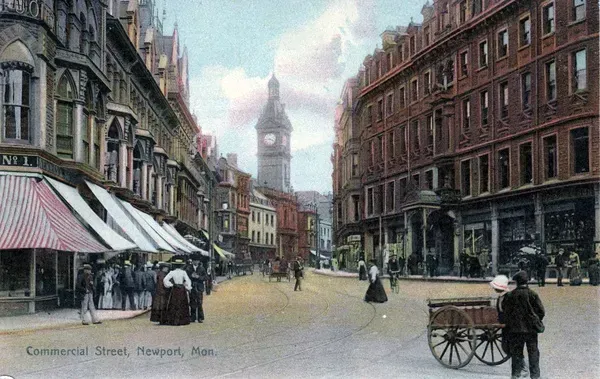
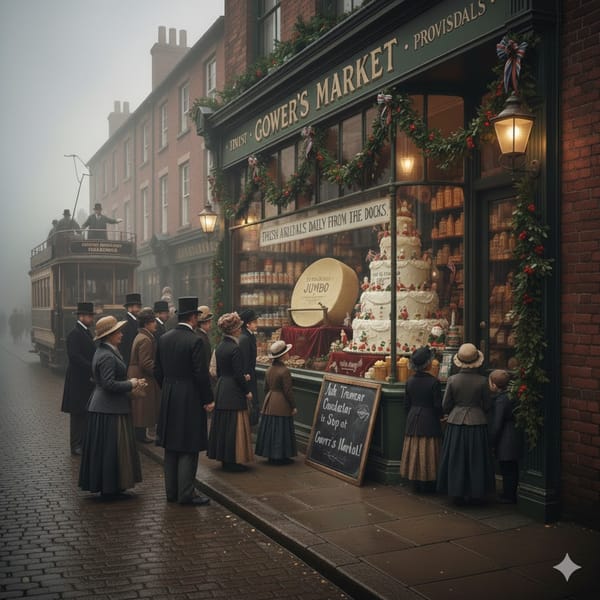
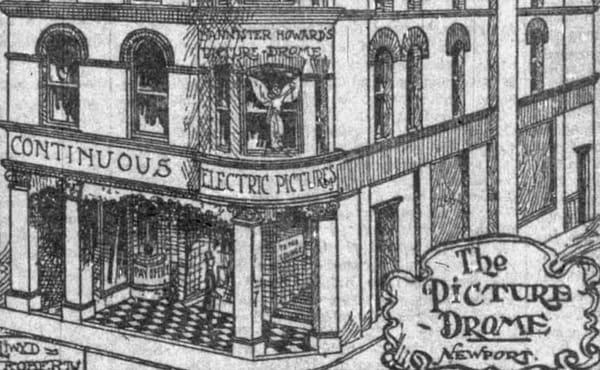
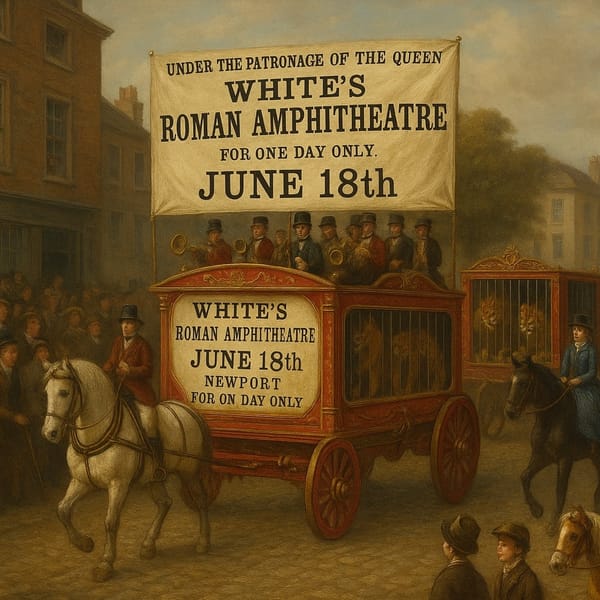
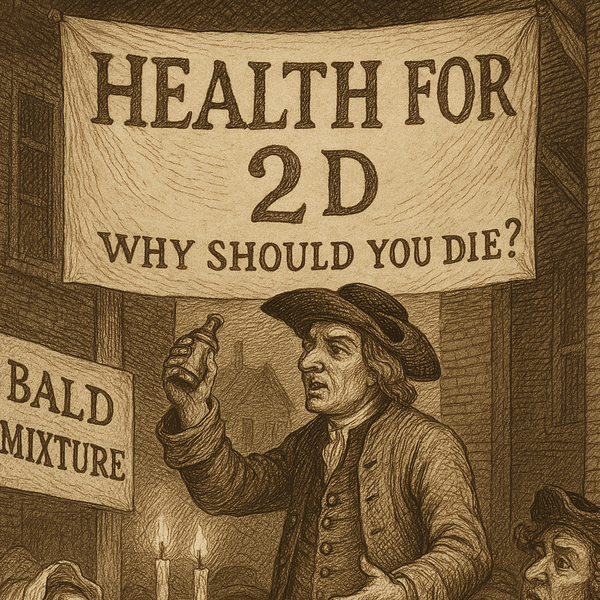
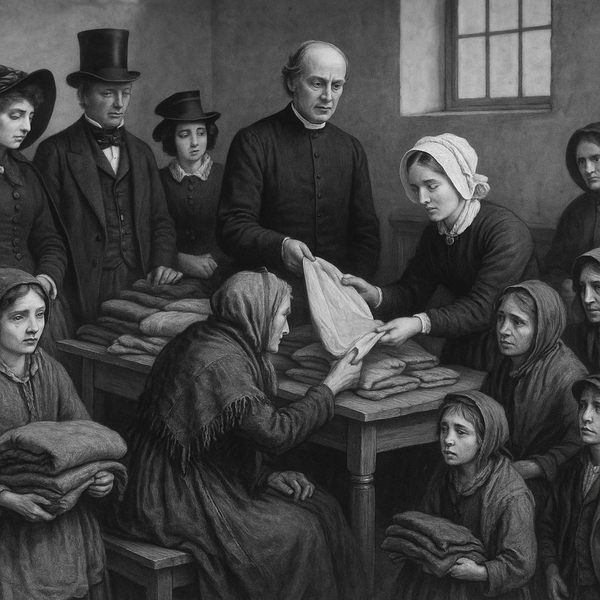
Member discussion